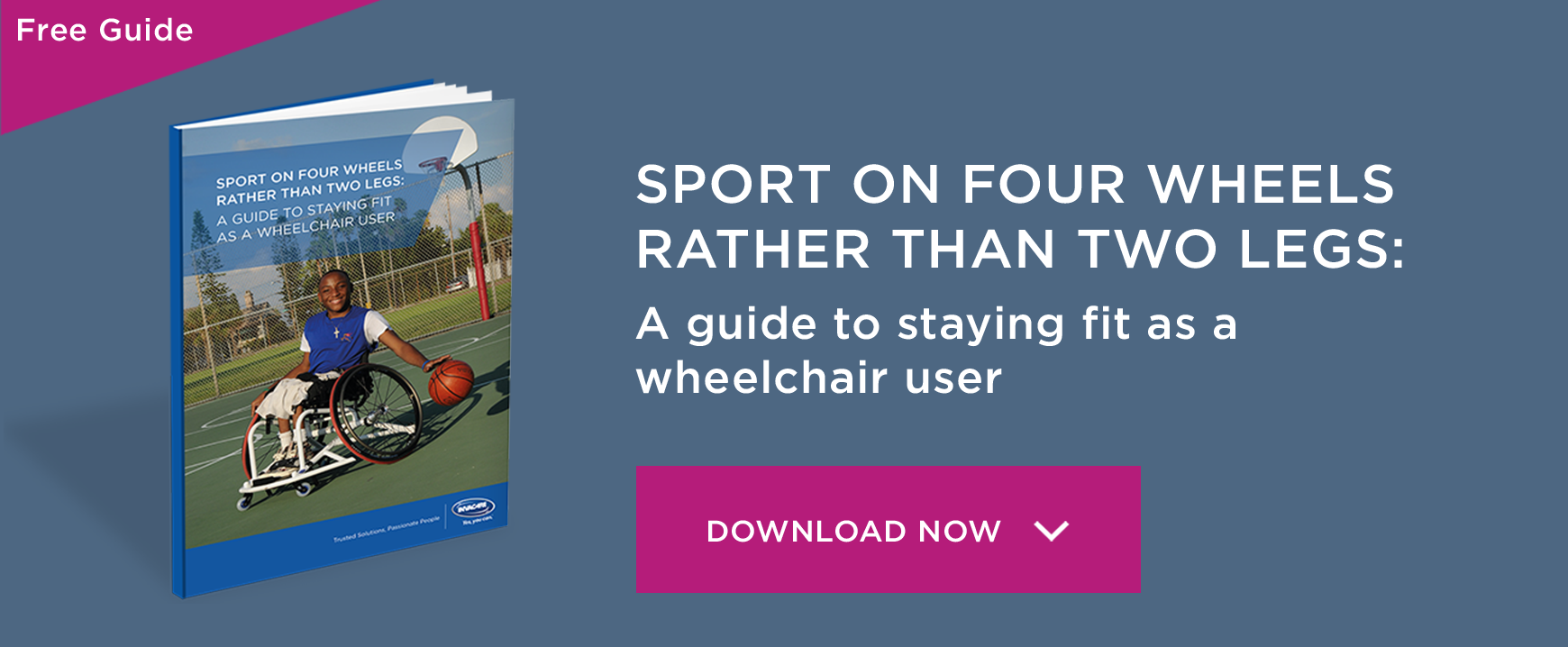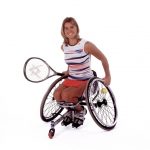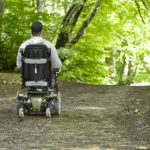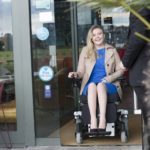Top Three Wheelchair Yoga Poses
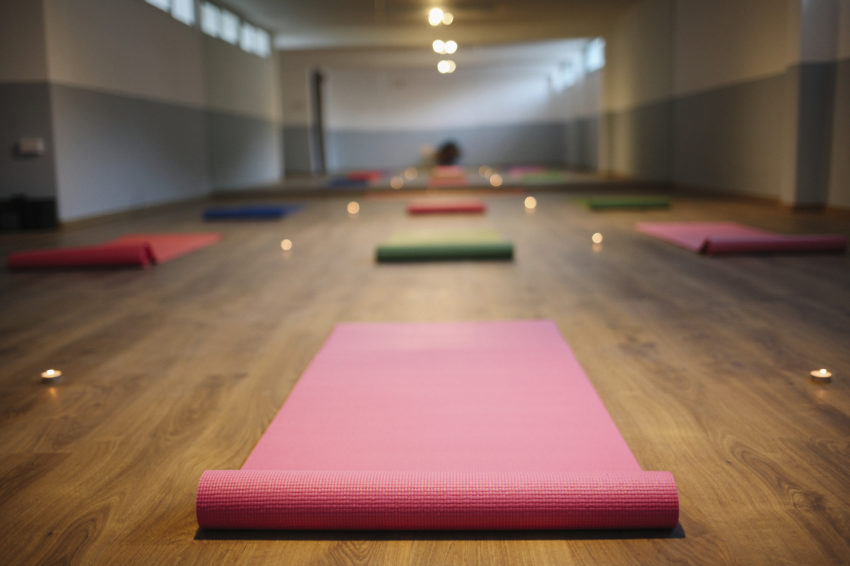
Keeping fit with exercise is not always as high as it should be on many people’s list of priorities, and it can be even tougher to keep toned if you have a disability, especially if you struggle to move quickly and often in a state that will get your heart pumping and make you breathless.
But now there are ways to strengthen your core, improve your posture and solidify a calm state of mind, all whilst sitting down. Let us introduce you to wheelchair yoga.
Yoga reigns from India, and aims for each individual to express their unique selves via certain moves, or ‘poses’. In this way, then, it’s important for anyone taking up a new yoga routine to be comfortable with themselves and the expressions of their bodies. Great at one pose but not quite managing another? No worries, it’s all about managing to stretch and strengthen in a way that you feel comfortable with, and in a way that strengthens your mind, too.
So why should you do it?
Like with most exercise, the benefits of wheelchair yoga really are surprised. As you probably expected, your flexibility is likely to improve and you may well become stronger pretty quickly, but also expect benefits of a better sleep, less stress and anxiety in your everyday life, and a clearer mental connection with what is going on around you. Who wouldn’t want any of these things in our fast and busy lives?
Steps to take to ensure the best experience
Whilst there are so many benefits, it is also possible to experience pain whilst performing wheelchair yoga. Follow these steps to ensure it’s only the positives you hold onto:
- Chat through your idea with your GP first. They will best be able to advise which exercises will suit you and your abilities.
- Perform wheelchair yoga with a friend, relative or partner. Exercise is always more fun and motivating when it is done with someone else, and you have help there should you need it.
- When stretching, you should only feel a small ‘pull’ in your muscles. If it’s hurting, you are pushing yourself too far or haven’t got the pose quite right. Stop and start over.
- Relax and breathe. Focus on your body and mind throughout any wheelchair yoga session – the point is to be more in tune with yourself (and not your facebook or emails, always turn your phone off!)
Top Three Wheelchair Yoga Poses
These excellent wheelchair yoga poses will hopefully have you feeling connected and strengthened in no time, each one working a different part of your body.
Cat Pose
- Grip your chair or place your hands on your thighs
- Exhale as you round your upper body forward, dropping your chin toward your chest, arching your spine like a cat
- Hold in this position for a few deep breaths
Eagle Pose
- Inhale and lift your arms
- Exhale and cross your arms at the elbows so your hands are back-to-back
- Hold in this position as you continue to breathe for 20-30 seconds
Hip Stretch
- Inhale, lift one leg and cross it over the other
- If you want a deeper stretch and you have good trunk stability, exhale and lean forward from your hips
- Continue to breathe as you hold the stretch for 3-5 breaths
- Gently release your leg and move to stretch the other side
There are plenty of other exercises to try. Sitting down has never been so stress-free!
A personal experience
There’s even an accessible yoga blog. Alongside other ambassadors, it promotes Katja Sandschneider, from Germany:
‘Katja Sandschneider is a 33 year old accessible yoga teacher from Germany and has been part of the AY network since the very beginning. After an internal bleeding in her spinal cord shortly after her birth, she’s been living with a right-sided hemiparesis from her hip down. After her first yoga class five years ago, she was stunned by the effects the practice had on her: not only her back pain and headaches got a lot better, she also felt emotionally calm and relaxed. She was amazed that she could follow normal yoga classes by adapting the poses for her individual needs. At the same time, it took her by surprise that accessible yoga didn’t really exist in Germany yet. Therefore, Katja decided to become a yoga teacher to other people with disabilities and took Jivana Heyman’s Accessible Yoga Teacher Training in Austria in 2013. She’s been teaching accessible yoga classes in Berlin since 2014.
Think wheelchair yoga might be for you? Can You Do Yoga After a Spinal Cord Injury?: Some Poses To Try. Search ‘accessible yoga’ now – you’ll be surprised by what you find!



